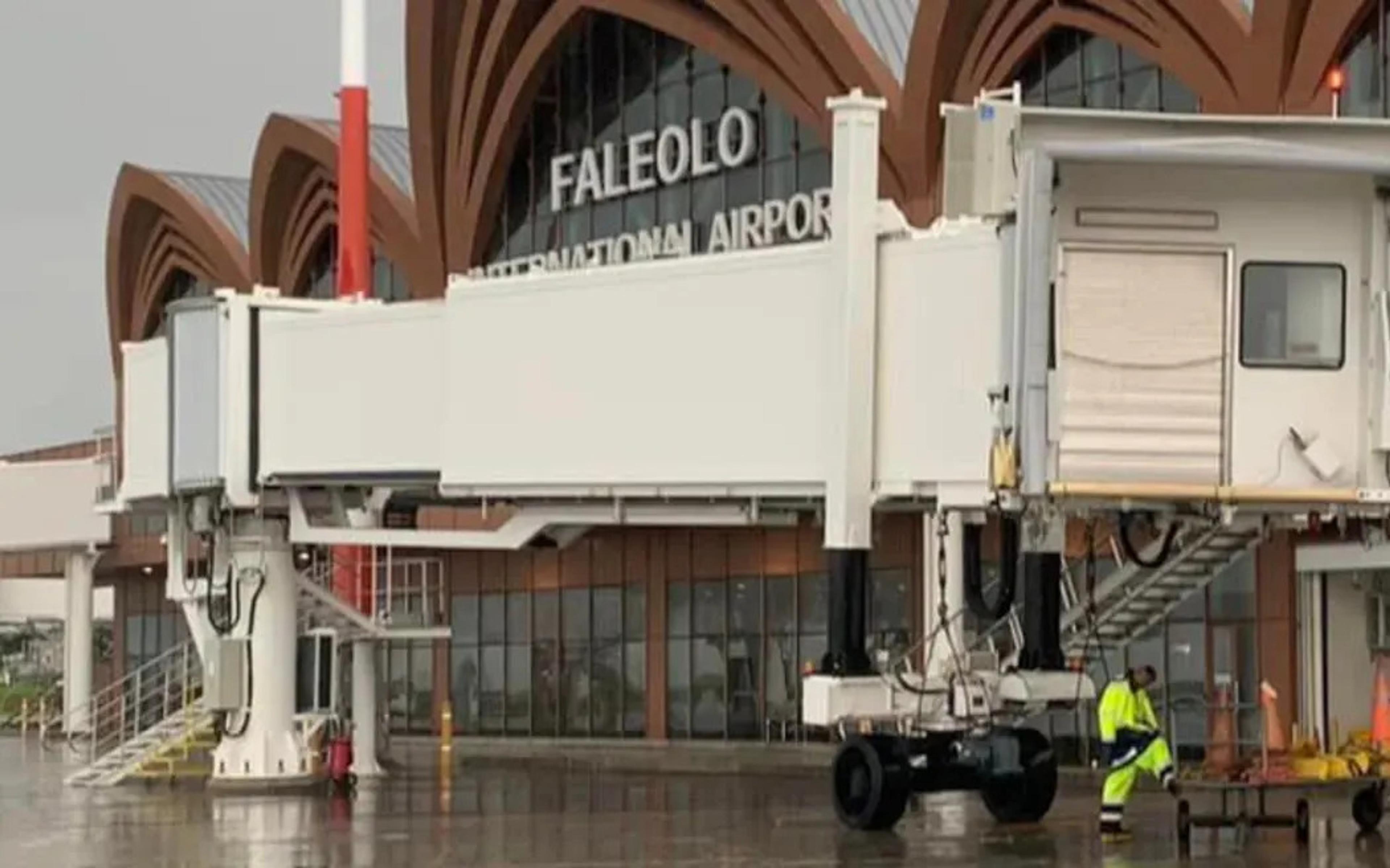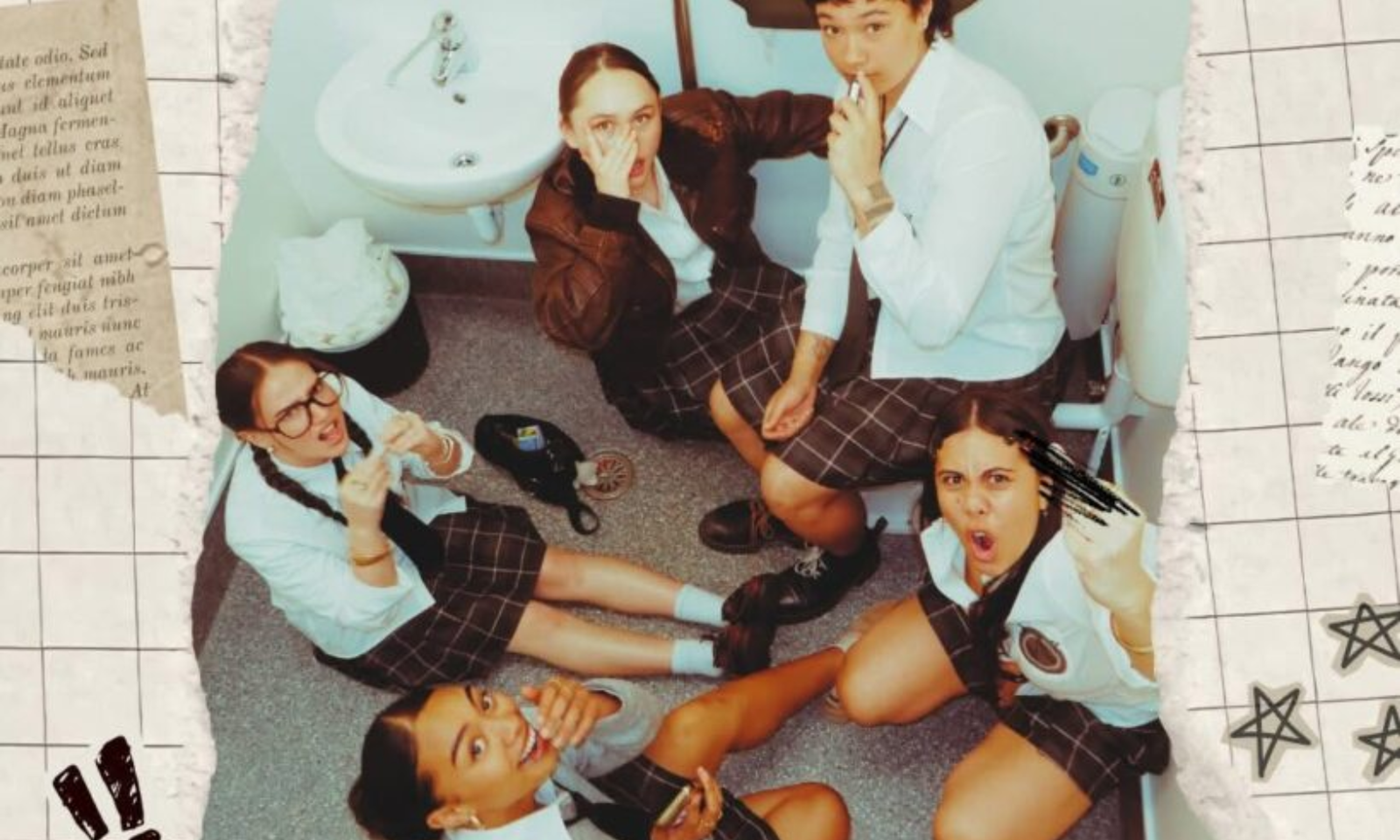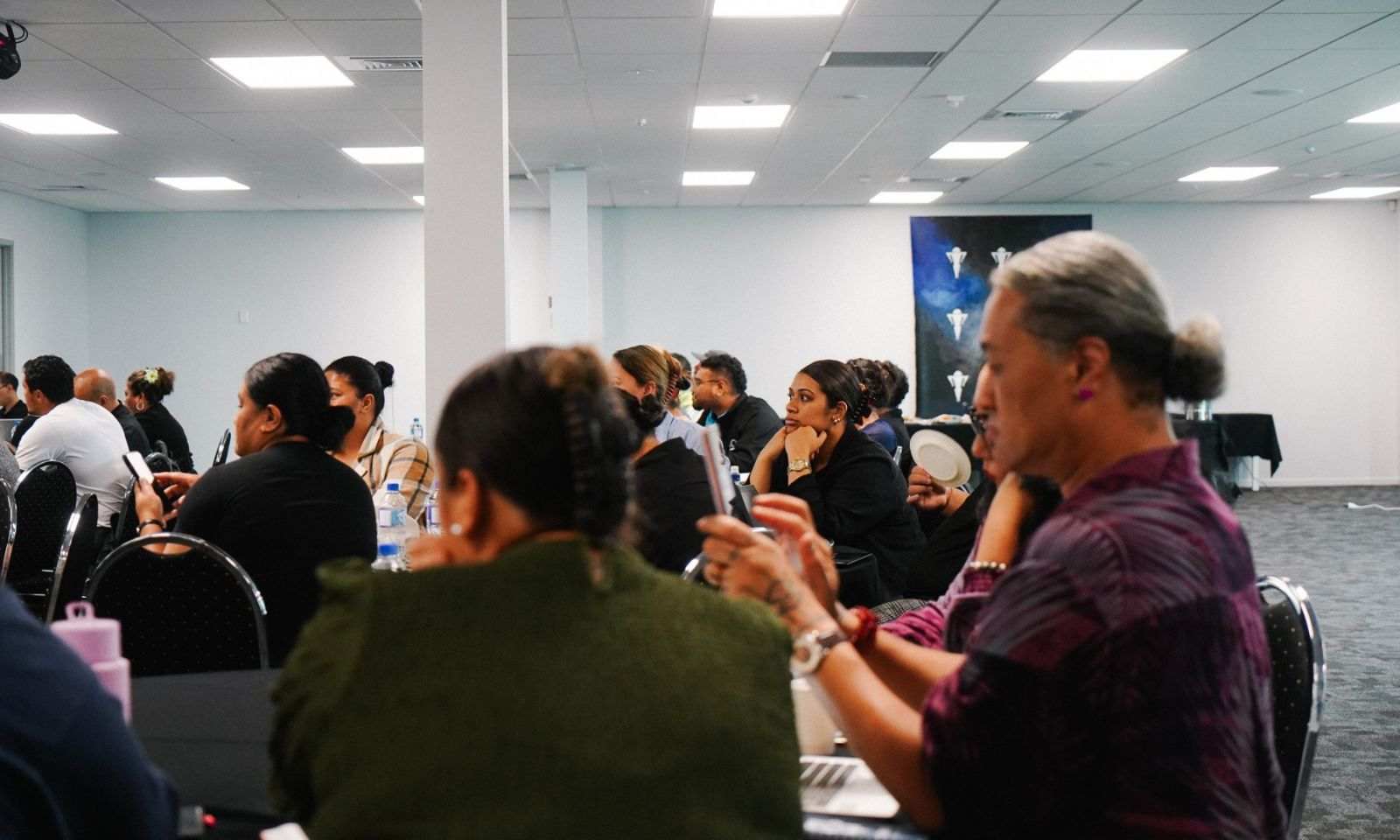

Graduate Resitara Apa with Pasifika Medical Association Group Board Director and Co-Director for Te Poutoko Ora a Kiwa (Centre for Pacific and Global Health), Sir Collin Tukuitonga. Photo/Pasifika Futures
‘Pacific culture is key’
A graduate of a 12-week health micro course addressing Pacific health wellbeing says the training started with some history and culture learning.



From Kelston to Canterbury: Pasifika engineering student awarded scholarship

'I don't want to travel anymore': Sāmoa government urged to reconsider fee hike

‘The Remaining’: Theatre show on the high-stakes reality of boarding school



From Kelston to Canterbury: Pasifika engineering student awarded scholarship

'I don't want to travel anymore': Sāmoa government urged to reconsider fee hike

‘The Remaining’: Theatre show on the high-stakes reality of boarding school
A graduate of a micro-course says Pacific culture can't be left at the door when trying to overcome Pasifika health barriers.
The University of Auckland's Improving wellbeing outcomes for Pacific families (IWO) builds applicants' understanding of Pacific healthcare challenges.
Resitara Apa is among the first cohort of 38 students to celebrate the completion of their course last month, with a second class on their way.
Apa said a vital lesson of the course and addressing Pacific Health barriers lay in understanding, which she added for Pacific communities, starts with culture.
"The course started with the origin story - where did Pacific Islanders come from?" Apa said.
"From South East Asia and moving down. How we used to apply and deliver that knowledge onward through talanoa, dancing and singing.
"That doesn't mean I'm going to go to a family and start singing, it's that we understand where all this knowledge is brought in."
Watch the full interview via 531pi's FB page below:
The course's administrative coordinator, Asetoa Sam Pilisi, praised the first group’s success, especially in light of them being adult learners who typically had more responsibilities.
"Adult learners are working professionals so people are still wearing their work hat, parent hat, to do drop-offs, pickups, church roles and everything else under the sun," Asetoa said.
He added that for most of the cohort's who were for the first time engaging with tertiary education, a lot of the class were anxious six months ago.
"Getting them across the line with application enrolment processes was a journey in itself let alone approaching assignments, referencing, and readings.
"The summation of that six-month journey was all these perhaps relieved and smiling faces on Wednesday evening with their family and friends. That was really cool."

The first day of the 12-week Improving wellbeing outcomes for Pacific families course. Photo /Pasifika Futures
Apa, who is the Community Health Navigator for F'INE Pasifika Aotearoa Trust, said Executive Director Phylesha Brown-Acton both recommended and joined the course with her.
F'INE is a Pacific LGBTQI+/MVPFAFF+ NGO2 that provides Whānau Ora navigational services to Fa'afāfine or Fa'atama (Sāmoa, American Sāmoa), Fakaleiti or Leiti (Tonga), Fakafifine (Niue), Akava’ine (Cook Islands), Vakasalewalewa (Fiji), Palopa (Papua New Guinea), Mahu (Hawaii), Haka huahine (Tokelau), and Rae rae (Tahiti).
Apa said she aimed for workshops relevant to her programmes in F'INE, especially if they helped improve her ability to serve others.
She said the course improved her time management and understanding of academic terminology.
This resulted in Apa attending the Whānau Ora conference with a better understanding of the topics and terminologies used in the event.
"Everything's now become a lot clearer and that has been the same reaction the other students have."